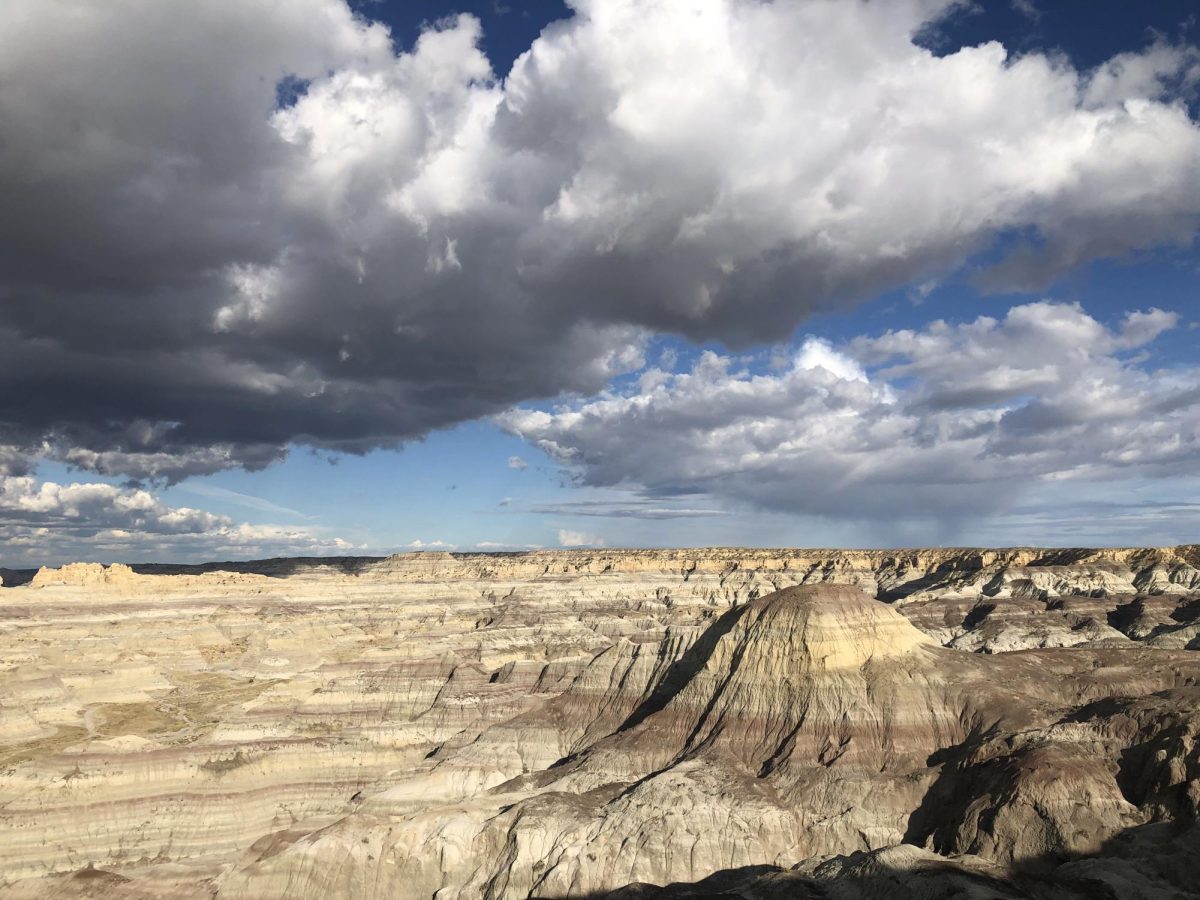“The child Is made to study far, far beyond his physical strength, and consequently, his mental good.”
Snow is a magnificent part of nature, a blanket of unimaginable size that sustains itself and brings cheer to most people of any age. While the earth may get colder, snow makes the world around us feel much warmer and alive. It is for this reason that the recent push in America to remove snow days from school calendars has been widely condemned by teachers and students alike.
I don’t deny that teachers may appreciate their lesson plans being fulfilled despite a snowfall, or even that this could potentially increase grades over the next several years, but by that point the new legislation will have become a normalized part of culture.
By the time we understand what this initiative accomplishes, we will have already baked it into children’s minds as a normal part of the learning experience. This is ludicrous, as people have been complaining about this kind of gradually creeping invasion for longer than anyone reading this has been alive.
The quote from the beginning of this story comes from the author Edward Bok, in an article he wrote for a newspaper in 1900 about the newly founded institution of homework, or “evening study,” as it was known at the time. Homework has been condemned by many of the most educationally successful countries, mostly in the European Union. According to Education in Finland, an organization advocating better education systems worldwide, Finland has famously become the highest-ranked country for education, with its students having, at maximum, three hours of after-school study, as opposed to the American average of six.
But this isn’t an article about homework – that would be beating a dead horse. Rather, I’m trying to explain how America has forever been focused on infinite growth, often disregarding the people affected, be they students or workers.
In July 2023, the New Mexico legislature passed House Bill 130, which increased the amount of required instructional time in the state by at least 30 hours for K-6, and 60 for all 7-12 schools. This was met with wide pushback from many teachers in the state, and so far the government hasn’t released any statistics on educational growth in the short amount of time the new requirements have been in effect. At the same time, they are still pushing for more time, showing that they believe 60 hours wasn’t enough to raise scores in any considerable way.
As perhaps the most hyper-capitalist nation in the world, productivity is considered the most important factor in any system in the United States. But contrary to popular belief, test scores have not dramatically declined over the past century; in fact, they were steadily rising before the pandemic brought them down to the same point they were in the 1990s, which is still much higher than the 1960s, according to the National Center for Education Statistics.
The role of student burnout has been discussed in The Demon Tattler before (specifically in Ada Zoe Zgela’s story on The Four Day Workweek), and is it widely known that decreasing the amount of time people spend at their workplace increases mental health, and more importantly for the government, productivity.
While the driving force of increasing student productivity seems to be greater time spent in school, the only massive trend that has been constantly growing is the evolution of the internet. With information availability at an all-time high, people can know anything at any time, and as innately curious creatures, humans are far more likely to enjoy the act of learning in their own environment. It’s a popular meme that people tend to fall down Wikipedia rabbit holes, consuming new information for no reason other than a wonder at the workings of the world. An environment that encourages learning instead of working is necessary for any human to be curious about the world.
According to a Harvard Business Report from 2013, remote learning does generally result in lower grades and student satisfaction, although as technology has become more understood research shows that most areas of life actually benefit from work-from-home policies.
After the pandemic forced many employees to work from home, many companies continued to allow remote work after it was no longer necessary and saw increases in employee productivity and morale, most notably at Twitter, according to the Washington Post. However, since Elon Musk took over the platform and decided to adopt a more traditional approach to running a company, the website soon declined to the point of being nearly unusable, with rampant bugs and errors. While most of this can be attributed to Musk’s firing of half the workforce, any radical change in policy will disrupt people’s work flow. However, the Post writers also make it clear that this is mostly experienced in creative jobs, such as coding, advertising, or journalistic writing. Workers in more straightforward fields such as accounting might see a decrease in the amount of focus they’re able to put into their jobs.
The implication of students falling behind in online education could be seen to come from teachers not understanding – or otherwise not using – the necessary technology, or more concerningly, that the way students learn online is in itself mundane. All of these factors, combined, come to the grim reality of the remote snow day.
The snow day, once taking away the reality of the outside world, a creative opportunity that comes with great capacity for learning, encasing students in their homes in what is supposed to be a comfortable respite from the stressful school environment, now only serves to further increase the numerical grade value in a system which is inadvertently stripping away the creative environments of technology it has so far failed to properly utilize. The remote snow day does absolutely nothing except take away students’ criminally small amount of free time by forcing them to stay stuck behind a computer screen.
The death of snow days is cruelly restricting children’s rights to build a snowman, to go snowboarding, or to do something else that people usually do on snow days. To be honest, I wouldn’t know. I usually just stay on my computer all day – have you seen how cold it is out there?








